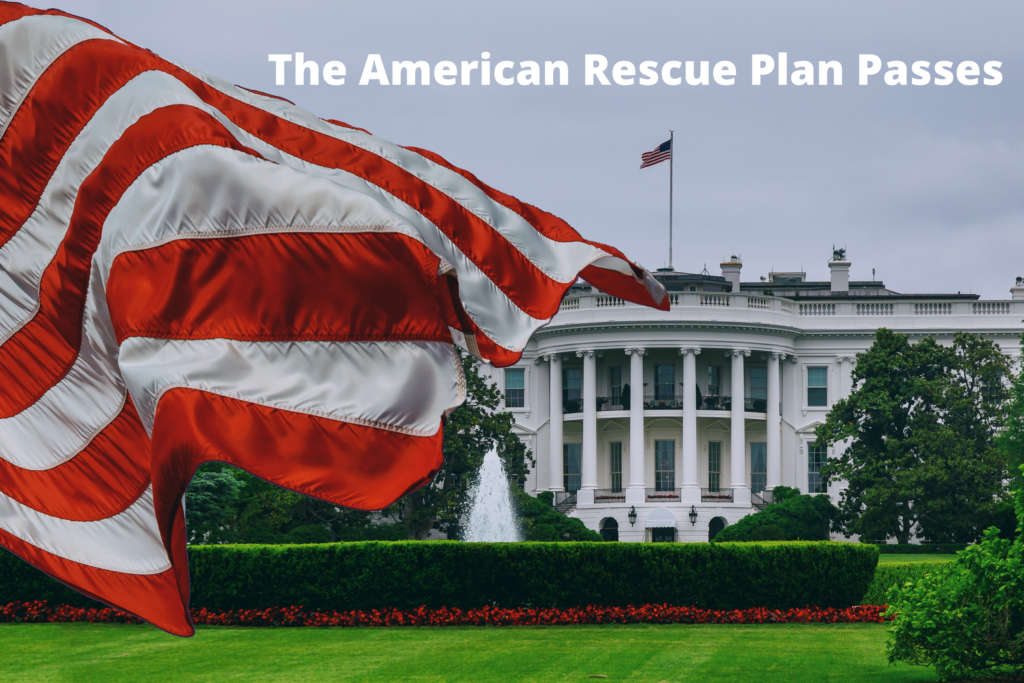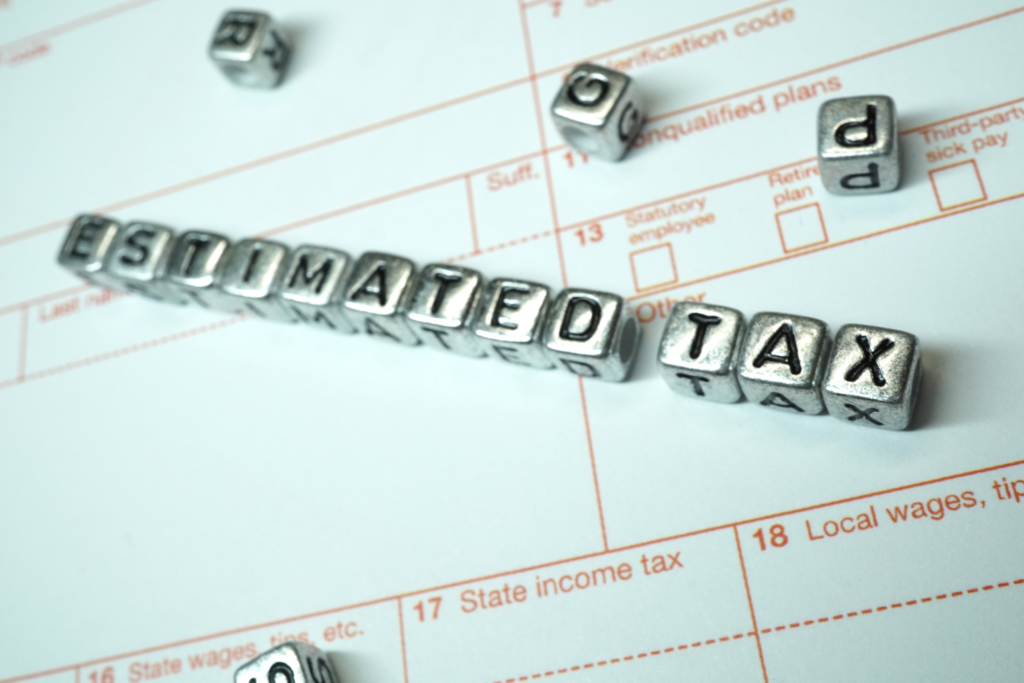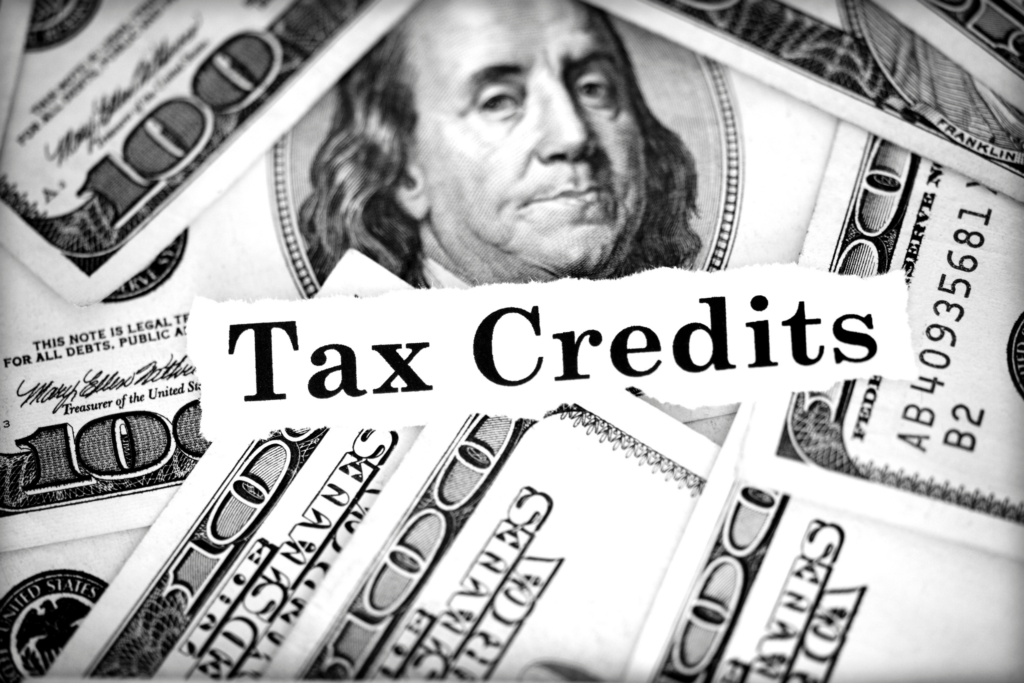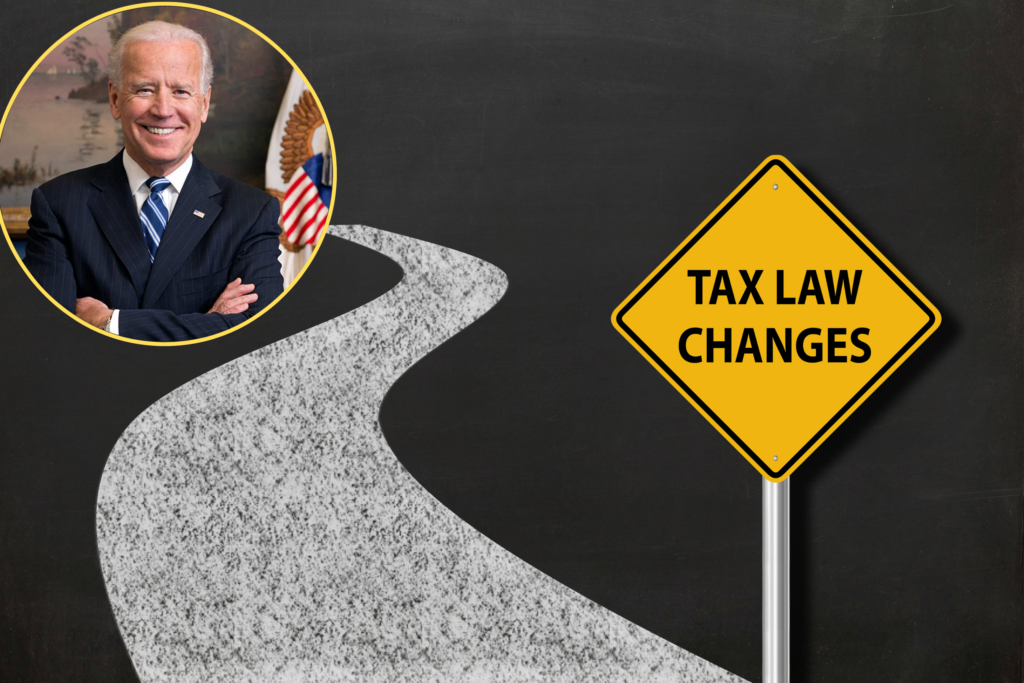Today President Biden signed the $1.9 Trillion “American Rescue Plan Act of 2021” into law. The bill contains relief for both individual taxpayers and businesses. To help sift through the information most pertinent to you, we have separated the following into two sections — Individual Relief and Employer Tax Relief.
Individual Relief
Please note some of the provisions will impact taxpayers’ 2020 tax return filings.
Stimulus Payment
- 3rd round of stimulus payment in the amount of $1,400 for single taxpayers and $2,800 for married filing jointly, plus $1,400 for each dependent for 2021.
- The payment is a credit against 2021 taxes.
- Subject to adjusted gross income limitations with an ultimate phase out. Phase out begins:
- Single at $75,000 to full phase out at $80,000.
- Head of household at $112,500 to full phase out at $120,000.
- Joint filers at $150,000 to full phase out at $160,000.
2020 adjusted gross income amounts are used when determining the phase out. For taxpayers who have not yet filed their 2020 return, 2019 will be used. Similar to prior stimulus checks, if the 2019 return resulted in a lower credit than what the taxpayer was entitled to once the 2020 return was filed, the amount not received will be a credit on the taxpayer’s 2021 return. In contrast, if the taxpayer received more than they were entitled to by using the 2019 return, they will not be required to repay the excess.
Unemployment Relief
- Enhanced $300 weekly unemployment that was scheduled to expire in March will extend through September 6, 2021.
- For tax year 2020, the first $10,200 of unemployment relief is tax exempt for households up to $150,000 of income.
Child Tax Credit
- The child tax credit will increase in the 2021 tax year from $2,000 to $3,000 per child, $3,600 under the age of 6, and the maximum age of a qualifying child increases to include 17-year old children.
- The eligible credit above $2,000 will begin to be phased out by $50 for every $1,000 of adjusted gross income in excess of $75,000 for single filers, $112,500 for head of household, and $150,000 for joint filers. Once the excess is totally phased out, the credit remains at $2,000 until adjusted gross income reaches $400,000 for joint filers and $200,000 for all other filers.
- An advance equal to the taxpayer’s estimated child tax credit for 2021 will be paid one-twelfth of the annual estimate amount from July 1, 2021 to December 31, 2021. The total payments by the end of the year will equal half of the estimated 2021 credit.
- The remainder of the credit will be received when the 2021 tax return is filed. The full credit will be claimed on the 2021 return but reduced by the aggregate amount received in advance.
- Taxable income will be increased by any credit received in excess of the eligible credit claimed for 2021.
Earned Income Credit
For 2021:
- The credit is increased for taxpayers without children from $543 to $1,502.
- Income at which the credit is maximized increased from $7,100 to $9,820.
- Increased the threshold for the phase-out of the credit for non-joint filers from $8,880 to $11,610.
- The minimum age for childless claimants is reduced from 25 to 19.
- A taxpayer can substitute 2019 earned income for 2021 earned income when claiming the credit.
Permanent Changes:
- Elimination to prohibit filers for claiming the credit due to lack of identification requirements.
- Married and separated individuals can claim the earned income credit as an unmarried person as long as certain requirements relating to children are satisfied.
- The amount of disqualifying investment income is increased to $10,000.
Dependent Care Assistance (for 2021 only)
- The bill increases the credit for qualified expenses from 35% of expenses to 50%.
- The amount of eligible expenses increases from $3,000 for one individual and $6,000 for two or more qualifying individuals to $8,000 for one individual and $16,000 for two or more individuals.
- 50% of the qualifying expenses would be a credit of $4,000 for one child and $8,000 for two or more children.
- The credit is reduced by one percentage point for each $2,000 over $125,000 to a floor of 20% until the adjusted gross income reaches $400,000. At that point, the reduction of credit percentages continues until reaching zero.
- Maximum exclusion of employer-provided dependent care assistance increased to $10,500 or $5,250 for married filing separately.
Exclusion for Forgiven Student Loans
- Income exclusion for student loans forgiven after 2020 but before 2026 is no longer limited to death or disability, but can be for any reason.
- The exclusion is not applicable for loan discharged by private lenders.
COBRA Continuation Coverage
- COBRA continuation coverage through September 30, 2021; not included in recipient’s gross income.
- Credit is allowed against Medicare tax.
- Credit is refundable and the IRS may make advance payments to taxpayers of the credit.
- Credit applies to premiums paid after April 1, 2021, through September 30, 2021.
Employer Tax Relief
Paid Sick and Family Leave Credits
- Extended to September 30, 2021.
- The limit for applicable wages is increased from $10,000 to $12,000 effective March 31, 2021.
- Credit is expanded to include time off to receive COVID-19 vaccine or recover from a vaccine-related illness or injury.
- Effective March 31, 2021, a new ten-day period for each eligible employee begins. Therefore, if an employer has taken credit for ten sick and family leave days for an employee prior to March 31, 2021 and after March 31, 2021, the same employee is out two days for the COVID-19 vaccine and to recover, those two days are eligible for the credit.
- For self-employed individuals the number of days the credit can be claimed is increased from 50 days to 60 days.
- This change will be retroactive to December 31, 2020.
Employee Retention Credit
- Extended to December 31, 2021.
Retirement Plan Funding
Multi-employer plans:
- Effective for plan years ending on or after February 29, 2020, plans will have a longer investment loss amortization period.
- Delays in having to apply changes to funding plans or schedules.
- Extended improvement and rehabilitation periods for plans that entered critical or endangered status in 2020 or 2021.
Single-employer plan:
- Effective for plan years beginning after December 31, 2019, plans will have 15 years as opposed to 7 years to amortize funding shortfalls.
- Annual contribution, annual defined benefit, and maximum compensation limits will be frozen until 2030 at $58,000, $230,000, and $290,000, respectively.
Paycheck Protection Program
- $7.25B in new funding to allow more nonprofits to apply as well as allow larger nonprofits to be eligible.
EIDL
- Will not be subject to income tax.
Industry Relief
- $25B will be set aside for a new grant program for “restaurants and other food and drinking establishments”.
- Grants will be up to $10M per entity and $5M per physical location with a maximum of 20 locations.
- $30B is set aside for transit costs; $8B for airports; $3B for temporary help to support the aerospace manufacturing industry, and $1.5B to recall and pay Amtrak employees who were furloughed because of the pandemic and to restore various daily routes.
If you have any questions about the American Rescue Plan Act, please call your CironeFriedberg professional. You can reach us by phone at (203) 798-2721 (Bethel), (203) 366-5876 (Shelton), or (203) 359-1100 (Stamford), or email us at info@cironefriedberg.com.









